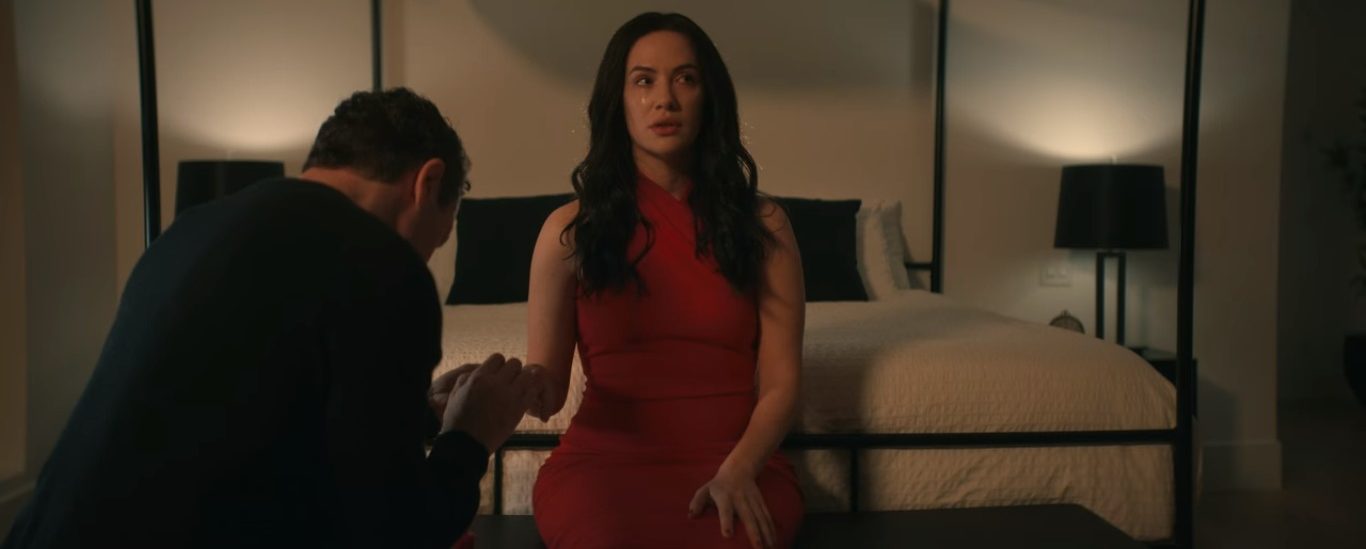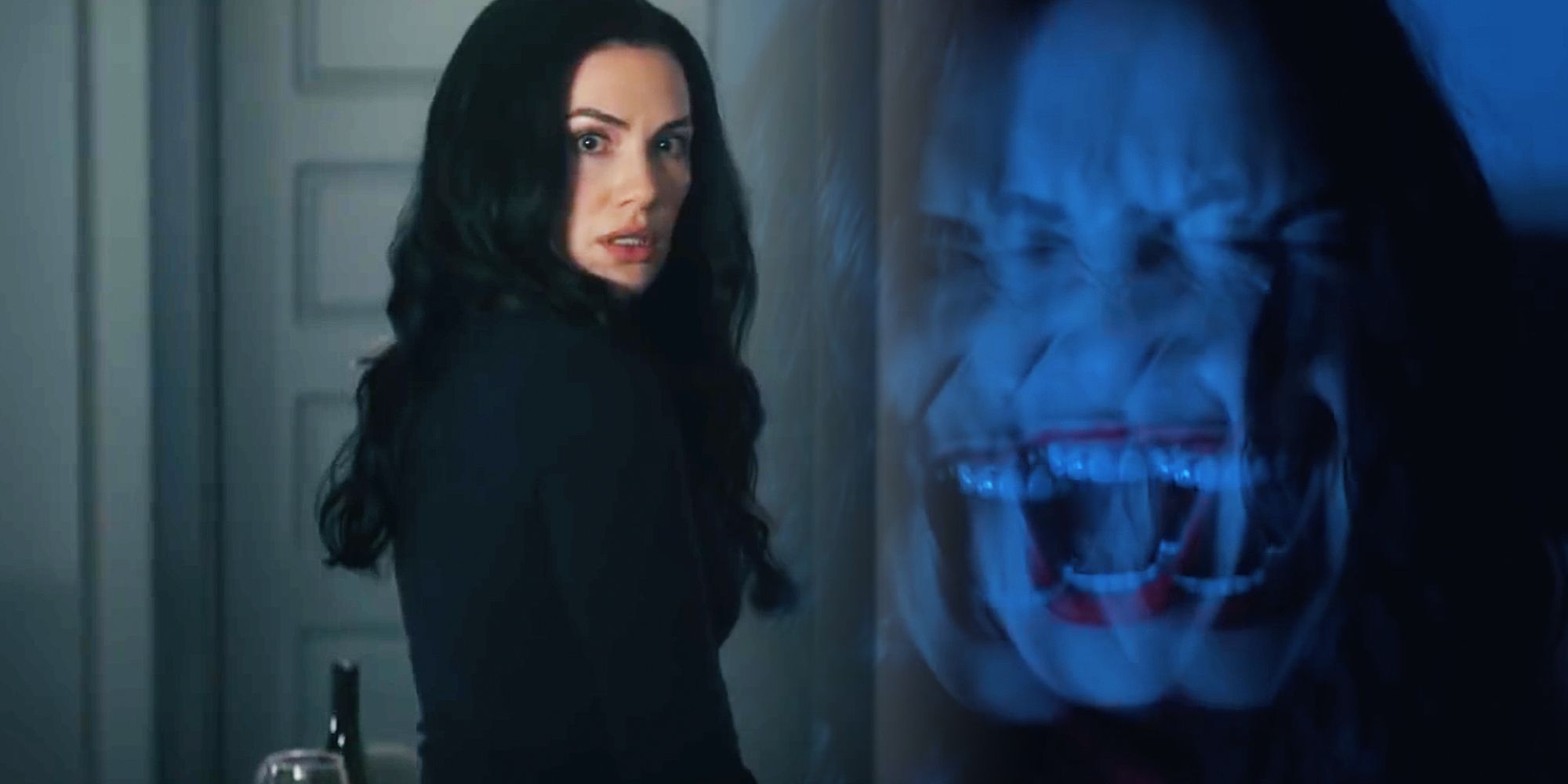Netflix’s ‘Hypnotic’ is a psychological thriller that follows a woman’s sinister brush with hypnotherapy. On her friend’s recommendation, Jenn decides to attend a few sessions with Dr. Meade, only to then find herself losing grip on reality. Apart from the blackouts, she also begins to get a feeling of impending doom when it is revealed that many of the doctor’s past patients mysteriously died.
The film is an interesting take on the powerful effects of hypnosis and depicts some truly atrocious and illegal uses of the therapy. However, despite a few historical references, a lot of what happens to Jenn seems to be remarkable. Could ‘Hypnotic’ be based on a true story? We decided to find out.
Is Hypnotic Based on a True Story?
No, ‘Hypnotic’ is not based on a true story. The film is written by Richard D’Ovidio, with additional input from directors Matt Angel and Suzanne Coote. The narrative follows many straightforward plot points of a tense thriller and uses hypnosis as the tool that the film’s central antagonist uses to control his victims. Angel and Coote previously co-directed the 2018 horror thriller ‘The Open House,’ while D’Ovidio is known for the 2013 Halle Berry starrer ‘The Call.’ Hence, the filmmakers come with previous experience in the thriller genre and seem to have expanded their purview with ‘Hypnotic.’

Despite the film’s fictional characters and storyline, the writer has included real-world psychological concepts to give authenticity to the premise. Most notably, the concept of posthypnotic suggestion plays a central role in the film and is revealed to be the villainous doctor’s modus operandi. The fact that Jenn cannot remember or understand her actions while under hypnosis is accurate to real-life instances of the technique. However, the film takes ample artistic license with the concept and presents it as essentially a mind-control technique that allows victims to be manipulated by merely ordering them around.
The film also references the CIA and a top-secret mind control study carried out under a program called MK-ULTRA. Though the character of Dr. Xavier Sullivan, who is revealed to be Dr. Meade’s mentor and former CIA, is fictional, the top-secret program is real. MK-ULTRA operated during the 1950-60s in search of effective mind control techniques. It was eventually deemed unsuccessful and is reported to have destroyed the lives of many of its participants. In the film, it is hinted that Dr. Meade uses the mind-control tricks perfected by Dr. Sullivan and MK-ULTRA.
‘Hypnotic’ draws from a controversial real-world therapy and exaggerates it to fit the motives of a criminal doctor, who forms the film’s central antagonist. Multiple films in the thriller genre have weaved hypnosis and brainwashing into their stories because of their intriguing plot potential. Danny Boyle’s 2013 film ‘Trance,’ as well as both 1962 and 2004 versions of ‘The Manchurian Candidate’ are a few of the iconic films that have featured hypnosis and mind control. The latter, much like ‘Hypnotic,’ depicts the use of the psychiatric technique to get unsuspecting victims to commit murders.
The filmmakers have not gone out of their way to ensure accuracy and draw only enough from the real world to make the narrative interesting. The film also avoids discussing the long-term repercussions that the protagonist has from being put through such intensive (and abusive) psychological therapy. However, in the end, the film’s objective is to entertain, which it achieves through its decidedly fictional story.
Read More: Hypnotic Ending, Explained


You must be logged in to post a comment.